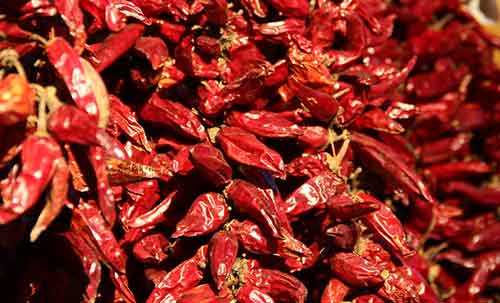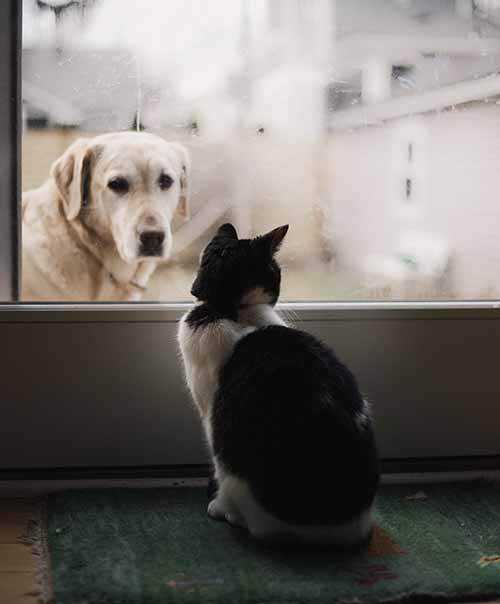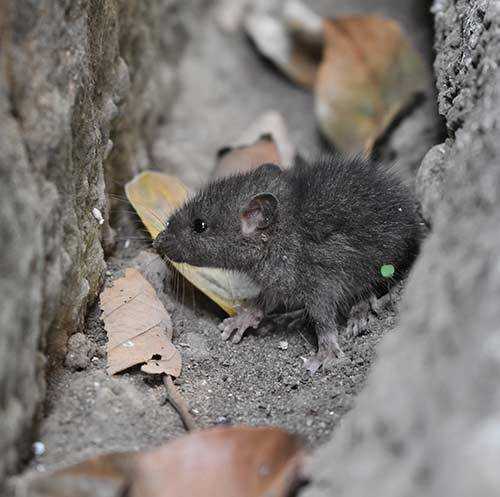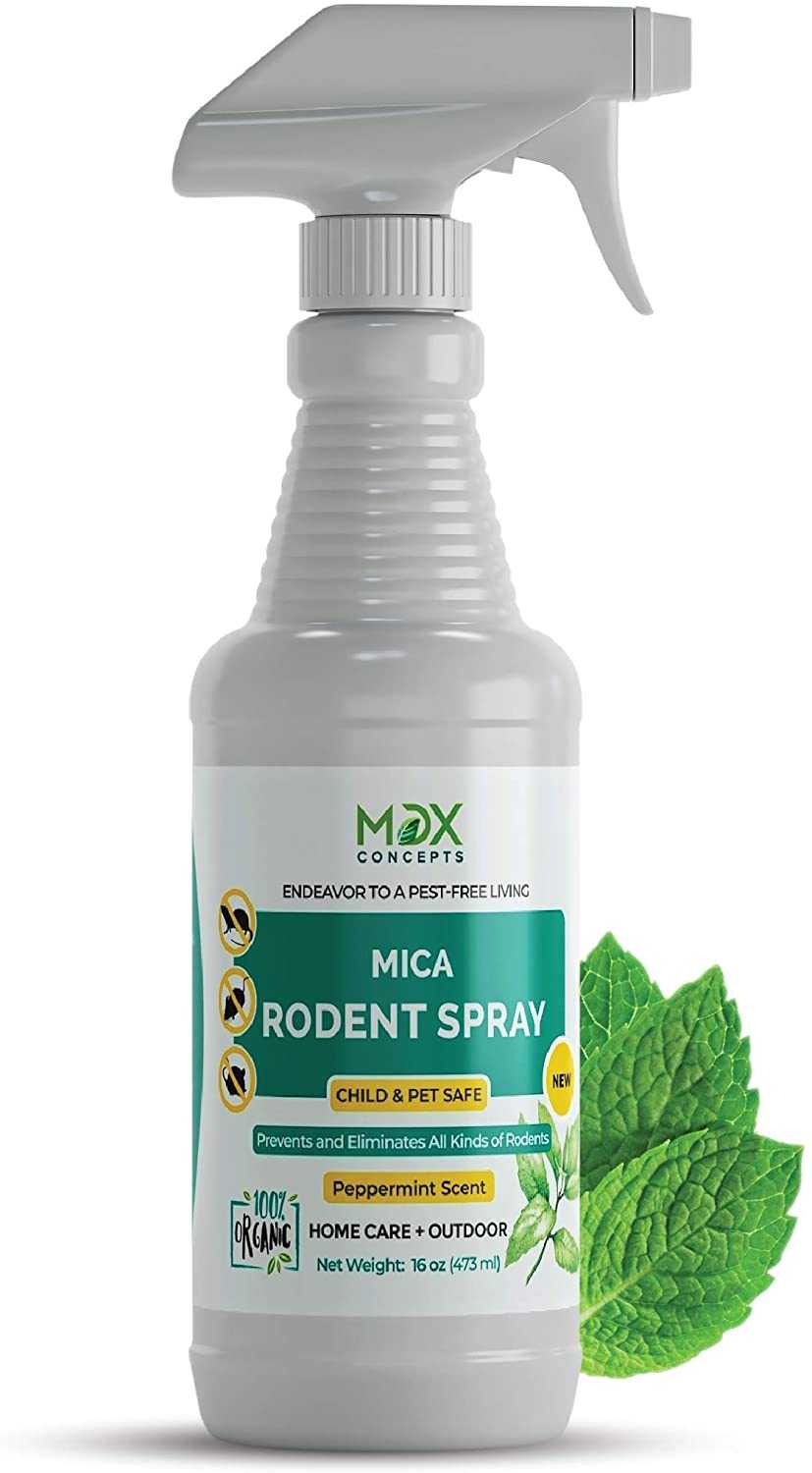Best Natural Mouse Repellent
Use the best natural mouse repellent for your home

This site is supported by affiliate advertising. Which means I may earn some money if you click the product links. Thanks for your support!
The chewed corners of a box, black dropping on the floor, and scratching in the walls are all signs of mice. If left unchecked mice will be making babies in no time. To prevent this from happening, use natural mouse repellent. Let’s look at some of the best natural mouse repellents such as essential oils, hot peppers, and even cats!
Best Natural Mouse Repellent, Essential Oils
Essential oils are an excellent natural mouse repellent. Three essential oils in particular have solid research backing up their effectiveness:
- Peppermint Oil
- Eucalyptus Oil
- Citronella Oil
Peppermint Mouse Repellent
The results of research in 2010 on the effects of Peppermint oil on rodents determined that it has the potential to be used as a natural mouse repellent. The researchers found that rodents avoided zones where peppermint oil was used.
Eucalyptus Mouse Repellent
In a 2014 trial scientists tested the ability of eucalyptus oil to repel rodents from a food source. A 5 percent, 10 percent, and 20 percent eucalyptus oil concentration was applied to a food source. The 5 and 10 percent concentrations were the most effective when sprayed daily. Note that in this study researchers used a spray pump to apply the essential oil. The key here is spraying the essential oils as a natural mouse repellent directly to the surfaces where mice will come into direct contact with it. Directly touching the essential oil makes this method more effective then using cotton balls.
Citronella Mouse Repellent
In a similar study researchers found that citronella oil was also an effective rodent repellent. In this study the researchers applied the essential oil directly to surfaces exposed to the rodents. These researchers also concluded that essentials oils could repel rodents. However both groups of researchers emphasized that essential oils must be reapplied frequently.
Other Natural Mouse Repellents
If you do not care for the smell of essential oils there are a few other natural mouse repellents to try. Such as hot peppers, dogs, cats, and just simply cleaning up!
Hot Peppers as a Natural Mouse Repellent
The chemical that makes peppers hot, capsaicin, could also be used as a natural mouse repellent. The New York Cooperative Fish and Wildlife Research Unit and Cornell University conducted a study to see if capsaicin might have commercial applications on farms. The team concluded that if capsaicin is applied to poultry food it is less likely to be consumed by rodents. Anoher benefit of lowering the local rodent population on farms is also lowering the likly hood of salmonella contamination.

Cats as A Natural Mouse Repellent
Cats can literally scare away mice. Researchers discovered that mice can detect compounds in cat saliva which triggers a fear response. This behavior was tracked down to a certain region of the mouses brain. When scientists removed this part of the mouses brain the mouse became unafraid of predators.
Consider teaming them your cat with a dog to create the ultimate natural mouse repellent. In spite of being arch enemies, the pairing of cats and dogs could reduce your local rodent population. This was the conclusion of researchers examining three groups of homes. Group one had just cats, group two had just dogs, and group three had a combination of dogs and cats.

Researchers discovered that combining cats and dogs significantly impacted rodent activity. The main researcher noted “Showing that dogs have a role in rodent management has overturned my long held ideas on this subject. Now all we need to do is to find out why and how the combination of cats and dogs drastically reduces rodent activity in and around homesteads.”
Cleanup to Naturally Repel Mice
Cleanliness is important is all aspects of life, especially pest control. One of the simplist ways to repel mice naturally is cleaning up. Mice need to find food, water and shelter before deciding if they will live in your home or backyard. Removing access to food and water is a natural mouse repellent. Although small mice are intellegent and will take advantage of any situation such as sloppy human behavior to grab an easy meal or make a nest in your house.
The Best Natural Mouse Repellent
The best natural mouse repellent will likely vary by person and by the type of mouse your dealing with. Keep a list of what you find works and what does not. Remember to also track the amount and brand of the ingredient or supply your using. Slight variances in ingredients and products can have different results. Please let us know if there are any other natural mouse repellents you find effective.

Why Are Mice Dangerous
Mice are host to many dangerous diseases. According to the CDC rats and mice are responsible for spreading 35 different diseases. Humans can contract these diseases, through contact with rodent feces, urine, or saliva, or if bit by a rodent. In addition to direct transmission of disease mice and rats can infect ticks and fleas with disease. The ticks an fleas then infect humans or pets. One of the most notable indirect diseases attributed to mice is Lyme. The risks posed by rats and mice highlight the need for a natural mouse repellent.
We'll leave you with a video of what happens when mice get out of control...
Now compare some of the most popular mosquito repellents in Thermacell Radius vs Patio Shield or learn What Eats Ticks?

